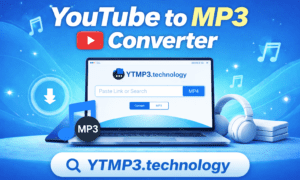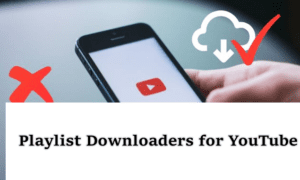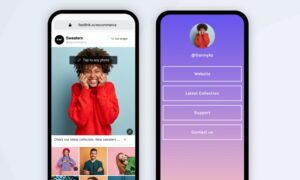YouTube on Wednesday announced artificial intelligence features for creators on its Shorts platform that tap into Google’s DeepMind video-generation model.
TakeAway Points:
- On Wednesday, YouTube revealed artificial intelligence capabilities for content producers on its Shorts platform, utilising Google’s DeepMind video production algorithm.
- Creators will be able to incorporate AI-generated backgrounds into their movies and create standalone, six-second video segments with the help of the Veo feature set.
- With the use of AI, YouTube CEO Neal Mohan expressed his expectation that Veo will allow producers to generate more Shorts films.
AI features on YouTube
On Wednesday, YouTube revealed artificial intelligence capabilities for content producers on its Shorts platform, utilising Google’s DeepMind video production algorithm.
The features, known as Veo, will allow creators to add AI-generated backgrounds to their videos as well as use written prompts to generate stand-alone, six-second video clips. YouTube CEO Neal Mohan said he hopes Veo will enable creators to produce more Shorts videos with the help of AI.
“Everything that we showed with AI was meant to really enhance the work that you do, make it faster, more efficient, to bring your creative ideas to life faster,” said Mohan, speaking at the Made on YouTube event in New York.
The Veo AI backgrounds are an upgrade over a similar AI-generation feature announced by YouTube in 2023 called Dream Screen. The company said its Veo AI background feature will roll out later this year, while the six-second AI clips will become available in 2025.
YouTube Studio app
Other announcements at the event included new features in the YouTube Studio app that will allow creators to use AI to generate titles, thumbnails and video ideas. Those features will roll out in late 2024, YouTube said.
Creators have been exploring various ways to leverage generative AI technology. Creators have used the new technology to insert clips in their videos or produce entirely AI-generated videos.
However, some creators expressed concerns that their videos on YouTube are used to train the AI models that built Veo.
“I don’t know how I feel about all this AI stuff,” said Thomas Simons, a comedian with more than 15 million subscribers on YouTube. “It doesn’t fill me with confidence and love.”
There has been criticism that other services, such as Facebook, have become overrun by spammy, AI-generated content. There are also concerns that AI-generated content could violate intellectual property protections.
YouTube’s AI-generated content will be watermarked and will have a label indicating it was created by AI, the company said. Generative AI places a new perspective on the creator economy, giving creators free access to tools utilized by large language models.
We “really sit at the nexus of that technology and creativity. Putting those two things together gives us this unique lens that everything we build is really about enhancing that human creativity.” Mohan said.
YouTube terminates Tenet Media Channel
Earlier this month, Alphabet’s YouTube announced on Thursday that it was shutting down Lauren Chen’s Tenet Media channel as well as four other channels run by her.
Following an indictment from the US Department of Justice, Alphabet’s YouTube announced on Thursday that it was shutting down the Tenet Media channel as well as four other channels run by Lauren Chen, the owner of Tenet.



































